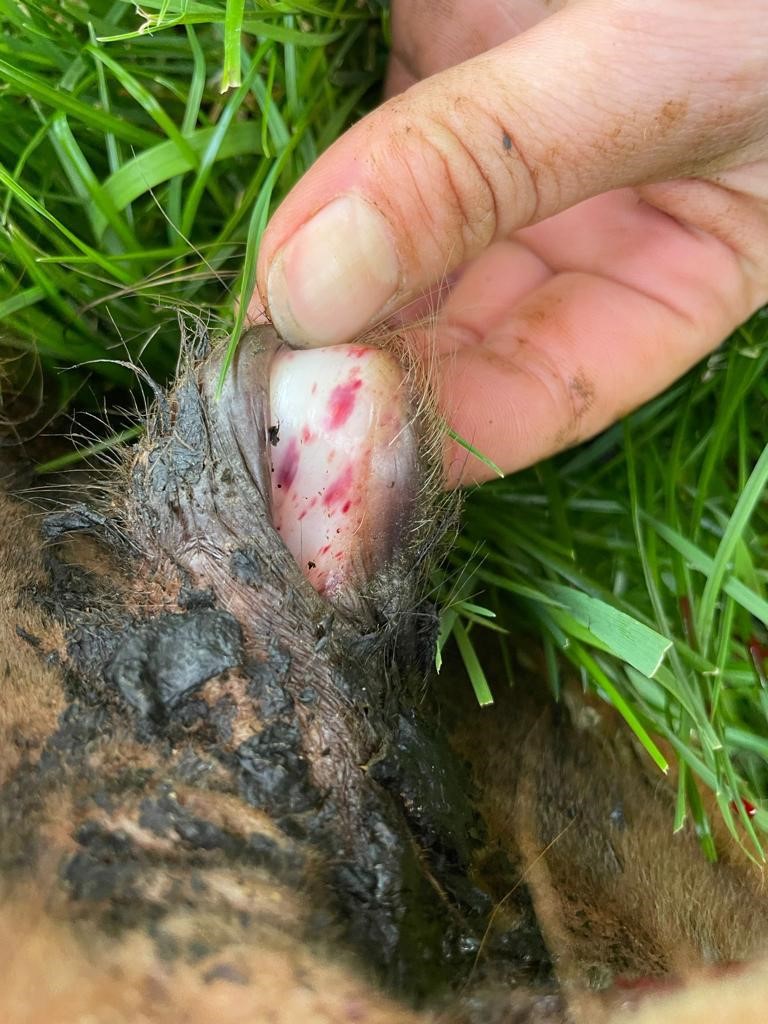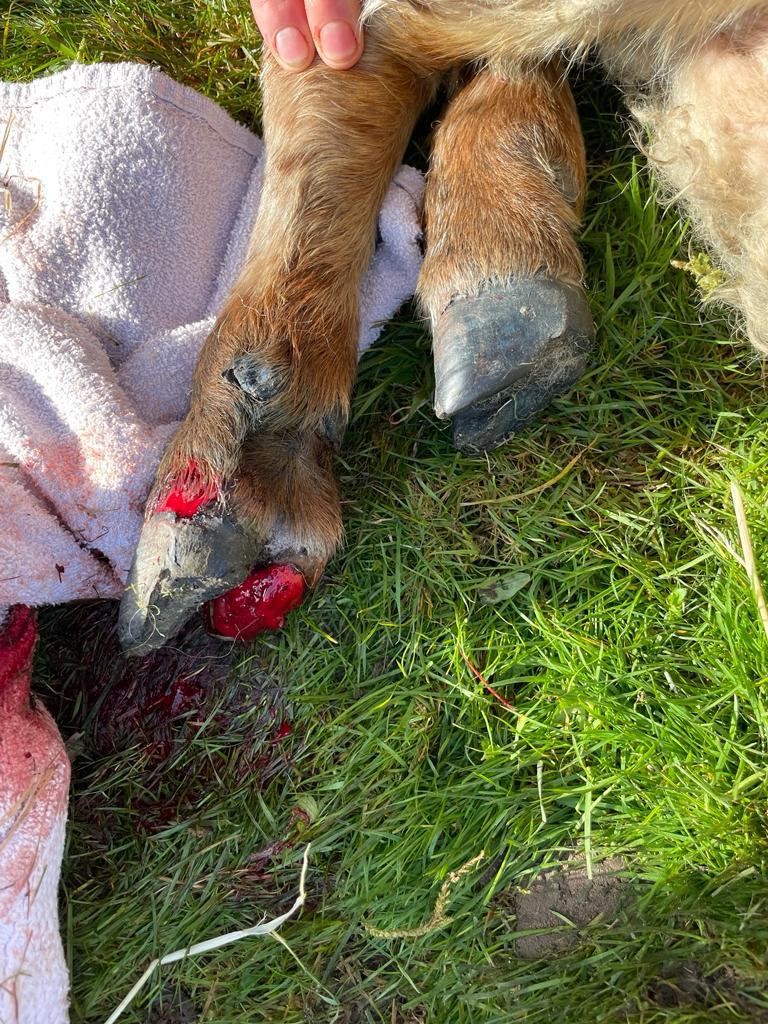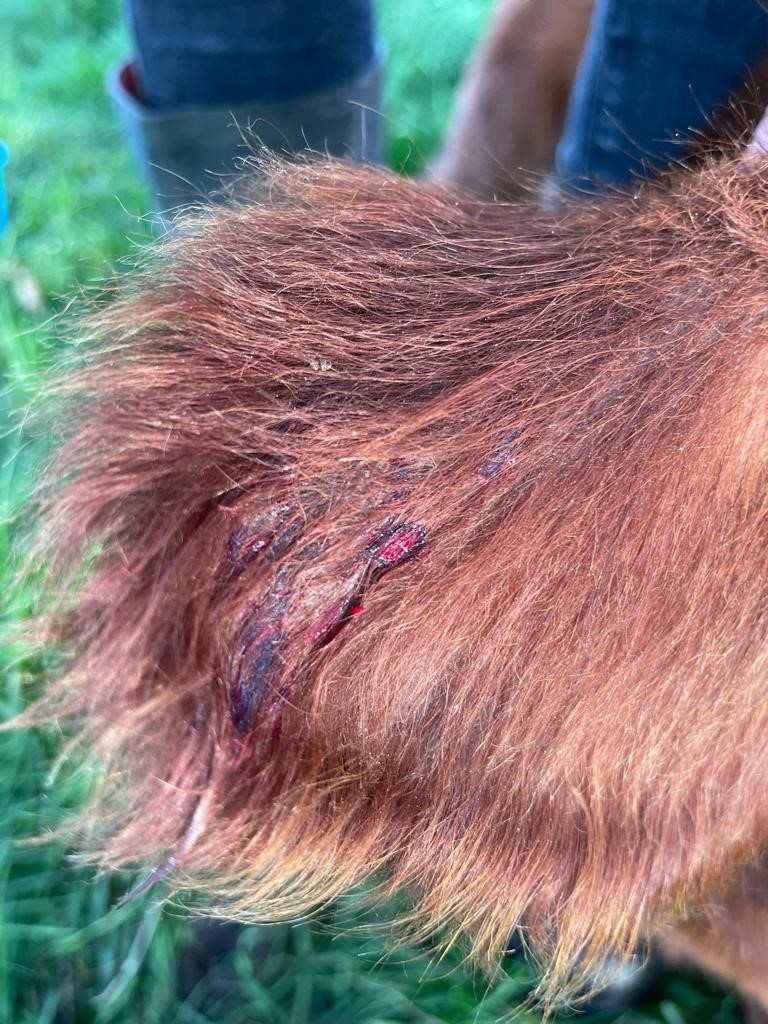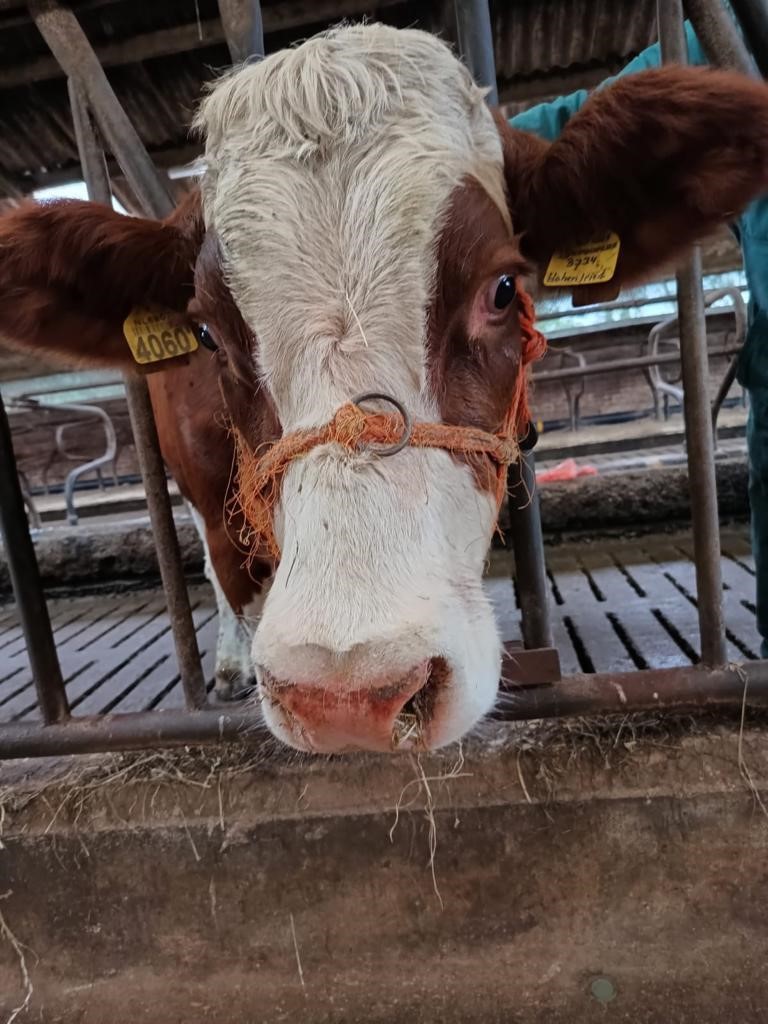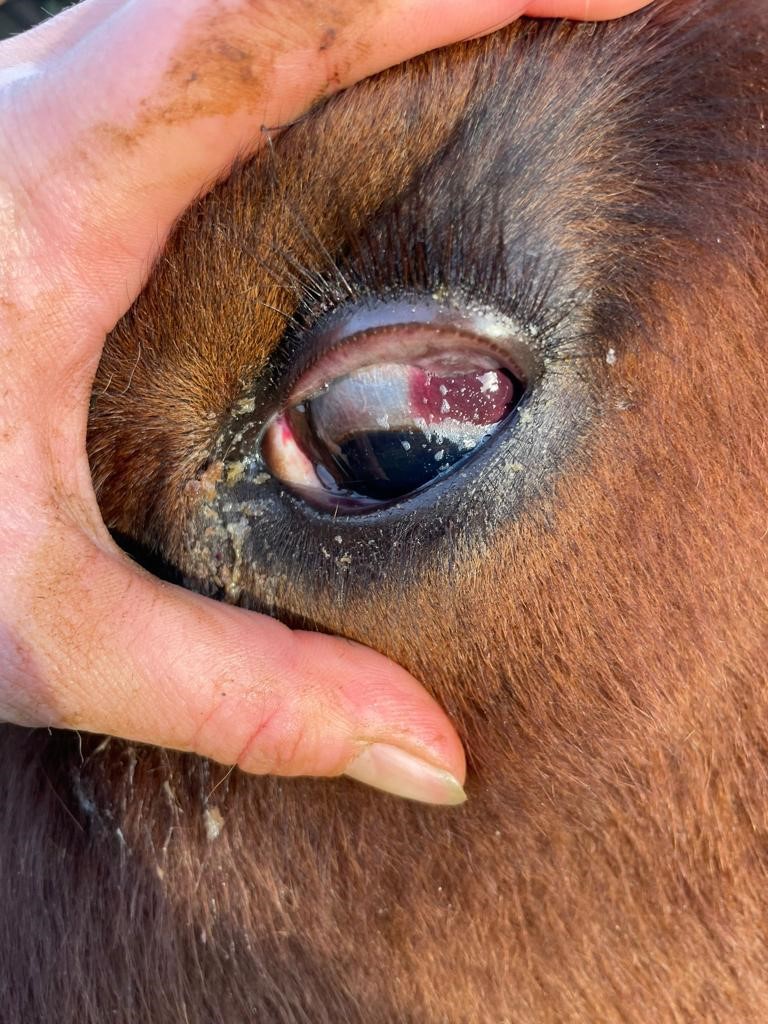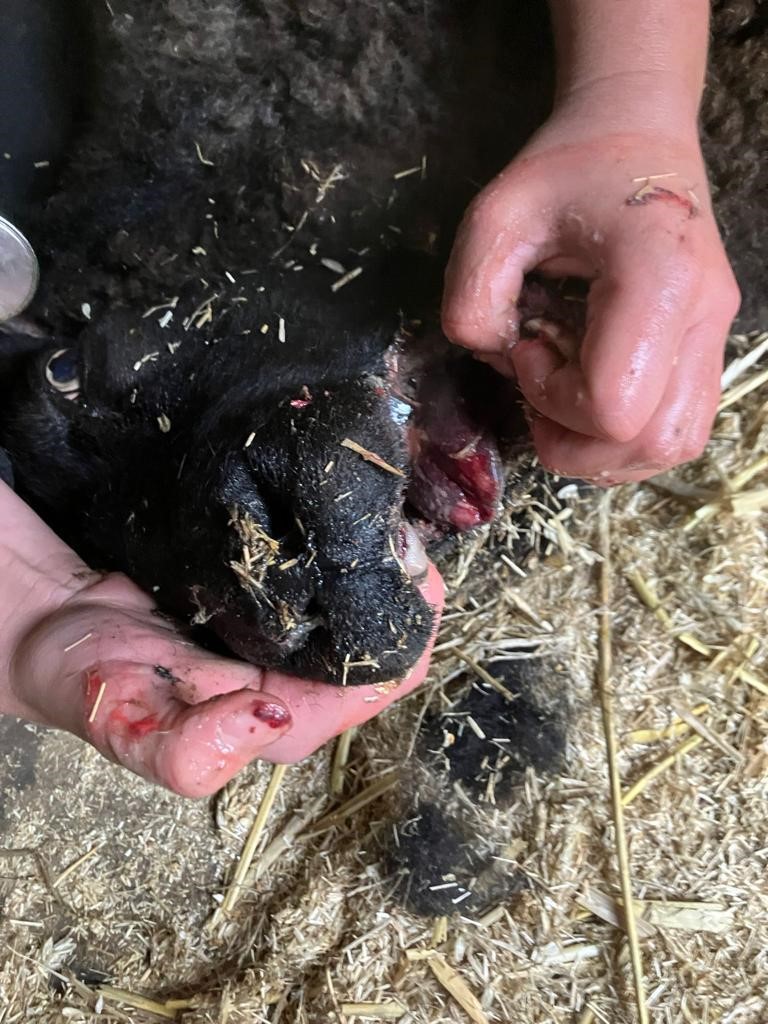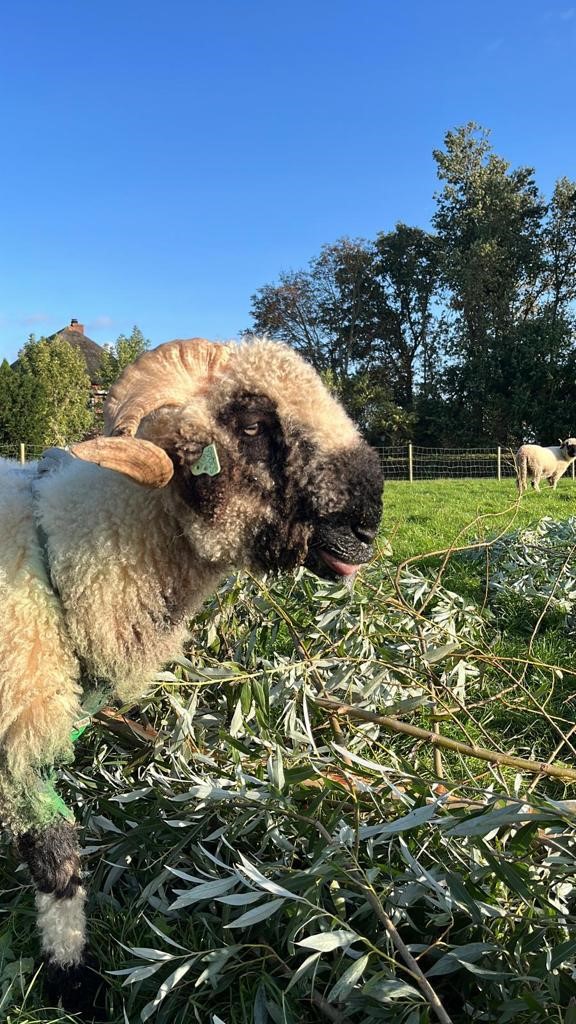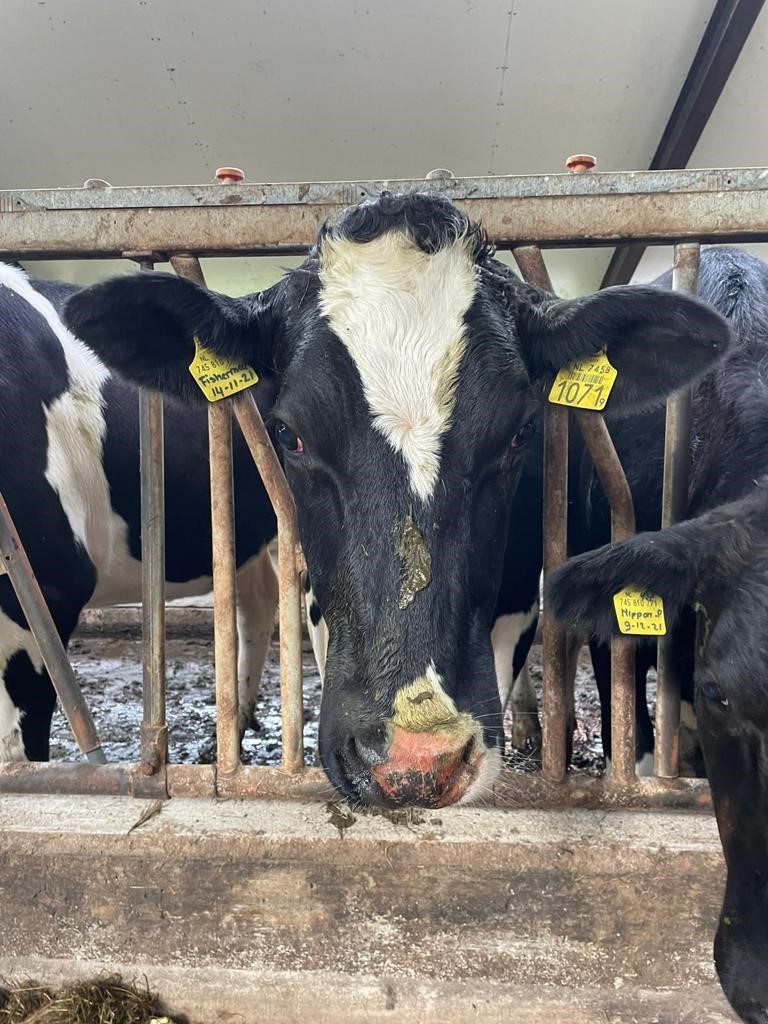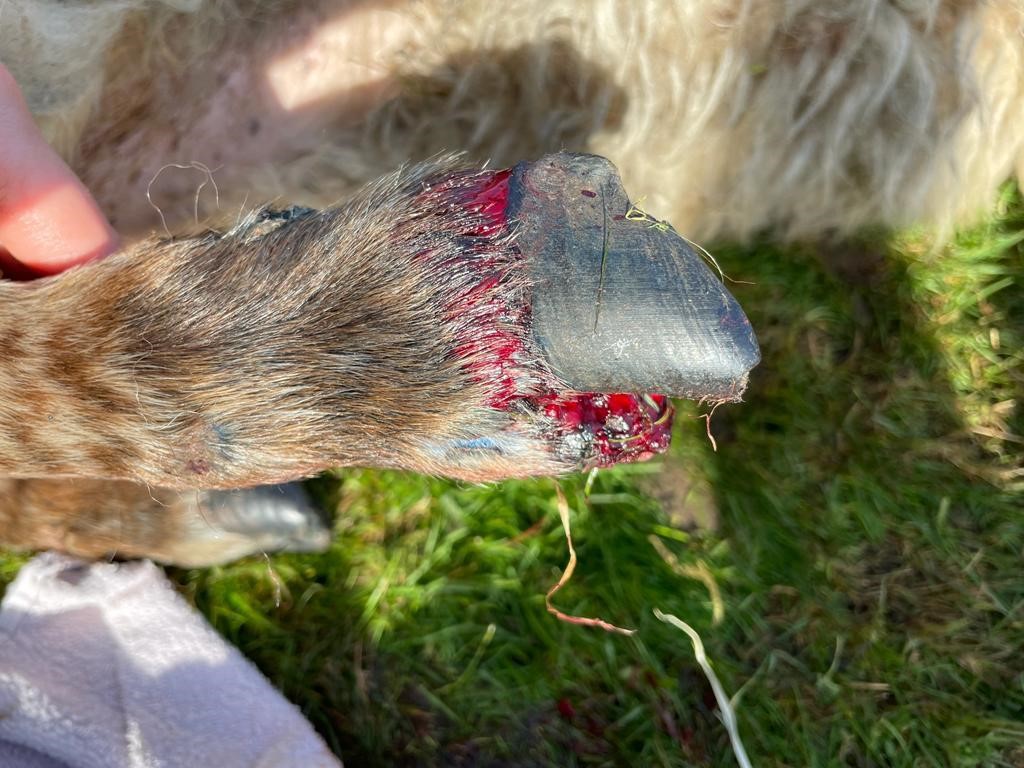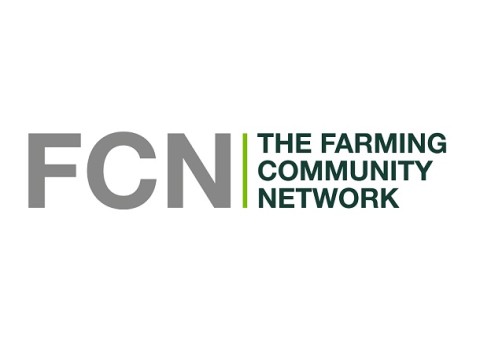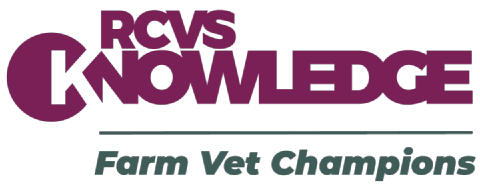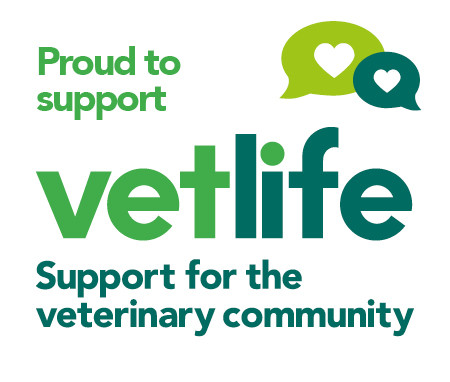Following details about the spread of various strains of bluetongue circulating in parts of Europe, this week, a positive case of bluetongue serotype 3 in a single cow was reported in Kent. This animal was picked up as part of APHA’s routine annual winter surveillance screening and is perhaps not unexpected. The non-imported cow has been culled to reduce the risk of onward disease transmission. A 10km temporary control zone around the affected farm is also in place, which will restrict movements of susceptible animals except under license. Vigilance by vets and farmers for suspect clinical cases on farm is particularly important at this time.
PHOTOGRAPHS OF CLINICAL SIGNS OF BLUETONGUE FROM DEFRA
(See more images below)
We know that Bluetongue is mostly spread by certain species of biting midges, many of which can be found in the UK and mainly active between April to November – consequently the timing of this case may offer some mitigation against the spread of the virus.
CLINICAL SIGNS IN CATTLE
- lethargy
- crusty erosions around the nostrils and muzzle
- redness of the mouth, eyes, nose
- reddening of the skin above the hoof
- nasal discharge
- reddening and erosions on the teats
- fever
- milk drop
- not eating
- abortion
Adult cattle may serve as a source of virus for several weeks while displaying little or no clinical signs of disease and are often the preferred host for insect vectors. Calves can become infected with bluetongue (BTV-8) before birth if the mother is infected while pregnant. Signs of infection include:
- calves born small, weak, deformed or blind
- death of calves within a few days of birth
- abortions
This In Practice article is particularly useful for describing the clinical signs and potential differential diagnoses - https://bvajournals.onlinelibrary.wiley.com/doi/epdf/10.1136/inpract.30.5.242
REPORTING
Bluetongue is a notifiable animal disease. If you suspect it you must report it immediately by calling the Defra Rural Services Helpline on 03000 200 301. In Wales, contact 0300 303 8268. In Scotland, contact your local Field Services Office.
UPDATES
BCVA is in regular contact with our colleagues in Defra and will provide relevant updated information to members as it becomes available.
The below images and videos by Janneke Saris have been kindly supplied by Maarten Boers.
